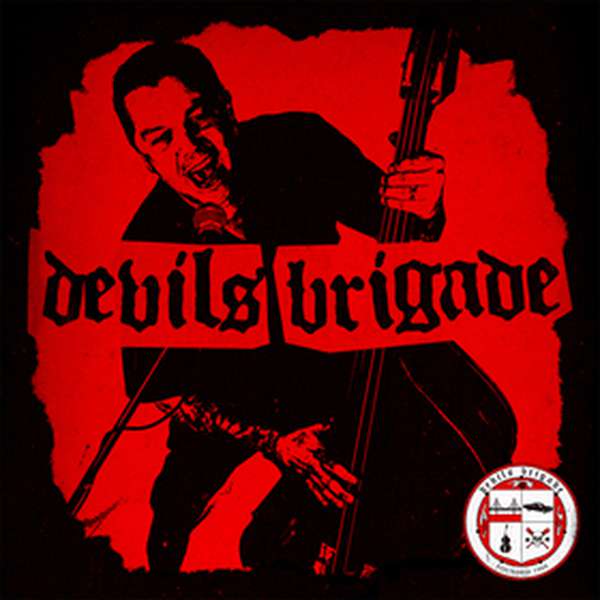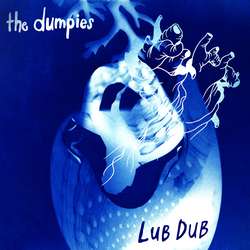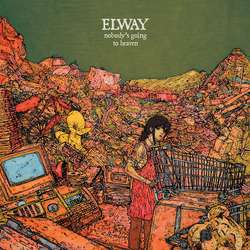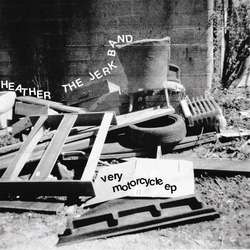Back in 2002 a song appeared on a Give ‘em the Boot comp. from a band named Devil’s Brigade. The band was a psychobilly project led by Rancid’s bassist Matt Freeman. The liner notes promised an upcoming record. Here we are in 2010 and, out of nowhere, the project has finally surfaced. While marketed as Freeman’s project, akin to the Lars Frederiksen & the Bastards records, the songs are co-written along with longtime bandmate Tim Armstrong, and both Frederiksen and Armstrong appear on the record. The band is filled out with drummer DJ Bonebrake (X, Auntie Christ).
After dropping off the radar several years ago, the project appeared dead. Combining that with Rancid’s recent output and my expectations for Devil’s Brigade were low. Still, with the end of the year coming around, it seemed time to check out this release. While far from original, the record shows a surprising amount of energy. While rooted in the bastard genre of psychobilly, the songs are far more West Coast punk than they are slap-happy, stand-up bass. In fact, for having Freeman’s name attached to the bio, the bass parts are surprisingly subdued. Instead, the record plays like most Rancid records: with most of the songs showing a strong roots influence that lies underneath a West Coast 1990s punk vibe, with hints of Social Distortion or the Cramps. Allegedly, the record was first conceived as a musical about the construction of the Golden Gate Bridge, which explains the fraternal union references as well as some of the variations in the record’s sound. “Bridge of Gold” has a definite countrified feel, and its references to the stock market crash of the Great Depression and the subsequent Western growth bring up intriguing parallels to the present. The record also deviates from straight-up punk with a couple of highway songs, including “Ride Harley Ride,” with a rambling, loner attitude that repeats itself later in “Gentleman of the Road.”
The variation between songs also makes Freeman’s voice more palatable, as his delivery shifts to match each melody. Blessed with one of punk’s least-appreciated voices, his hoarseness doesn’t come across as blunt as in Rancid songs. While still not the band’s strong point, Freeman holds his own without disrupting the flow of the songs or distracting from them. It’s as much as anyone could hope for and, honestly, it’s something of a surprise. At times the lyrics feel a bit contrived, reminiscing times long past without offering much analysis, but overall they tell a story and fit a tone well suited to California regional punk rock.




